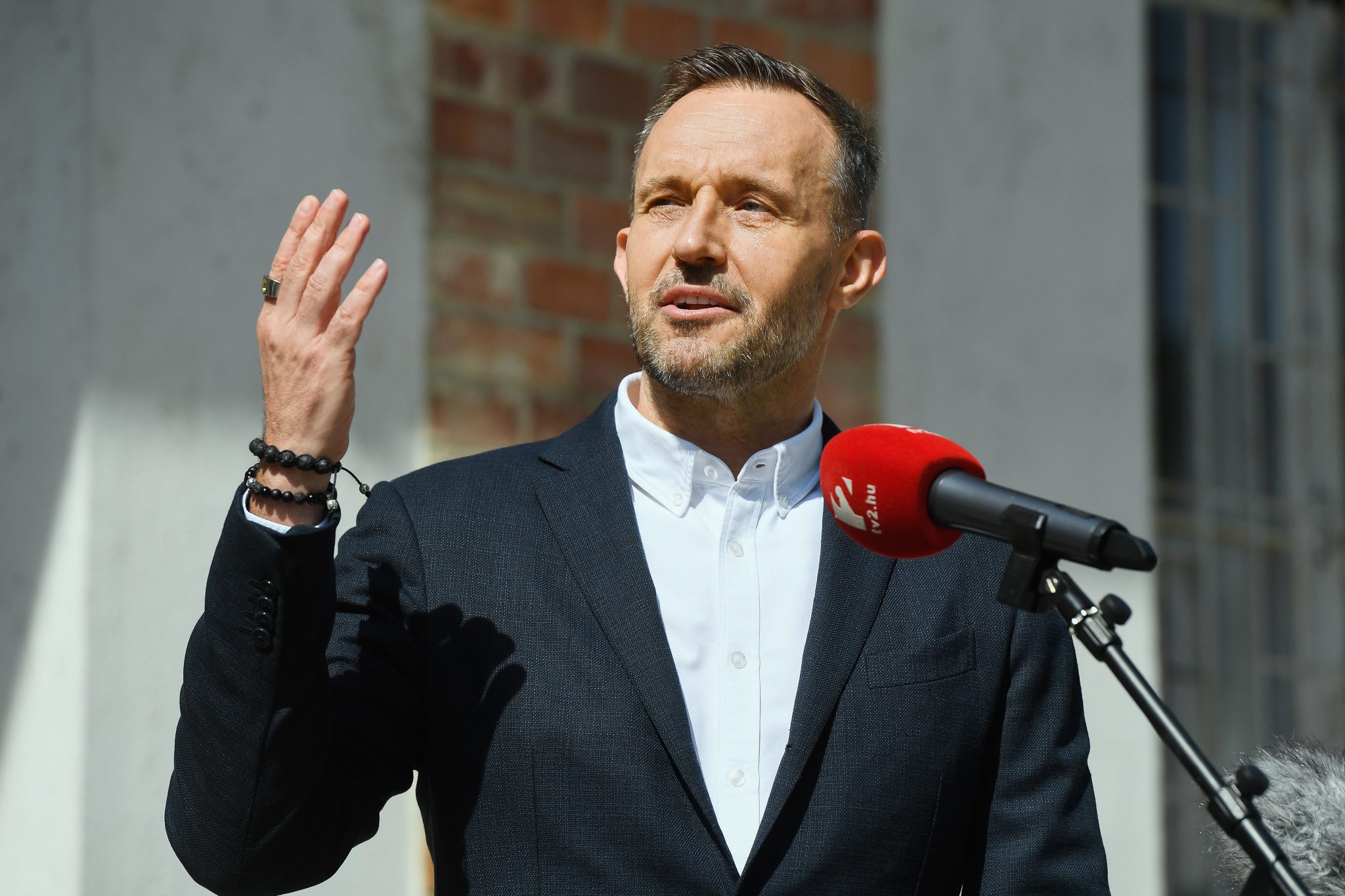
Weeklies from across the political spectrum ponder the significance of outsiders in next April’s parliamentary election. A conservative analyst lambasts the opposition front-runner who would discourage outsiders from running, while opposition-leaning commentators tend to believe that they play into the hands of the government side.
Hungarian press roundup by budapost.eu

On Mandiner, former cabinet minister and European Commissioner Tibor Navracsics finds it inappropriate for the opposition candidate for Prime Minister to condemn anyone running independently from either the government side or the opposition for seats in Parliament. He describes with a pinch of schadenfreude how Péter Márki-Zay tried but failed to dissuade the Twin Tailed Dog party from running independently, by offering them mandates if they accepted a place on the opposition electoral list. When they refused, he accused them of supporting the incumbent government with their candidacy. In another similar attempt, Navracsics continues, Márki-Zay has dismissed porn video producer György Gattyán’s intention to take part with a new party still to be founded, as a move obviously intended to serve the government and divide opposition voters. Navracsics finds it undemocratic for politicians to try and limit the number of candidates in parliamentary elections.

HVG’s Ágnes Gyenis and Péter Hamvay, on the other hand, agree with Márki-Zay and believe that Gattyán will attract young voters who are unlikely to vote for Fidesz. His program of a digitalised Hungary might, in fact, sound convincing to a young electorate. However, left-wing pollster Tibor Závecz told the authors that he only expects the porn tycoon to reap barely a fraction of 1 per cent of all votes cast. Gattyán has been trying for 20 years to cleanse his image as a porn video producer, but that activity is what has made him one of the richest people in the country, Gyenis and Hamvay remark.

In Magyar Hang, Róbert Puzsér calls Gattyán a ‘porn Emperor and Hungary’s richest and most influential pimp’. Nevertheless, he doesn’t find his intention to run for the elections particularly strange. Wealthy entrepreneurs have successfully run for Prime Minister in the Czech Republic and in Slovakia, although they first established their own media backgrounds before entering politics. He believes Gattyán is not a Fidesz puppet and probably imagines himself to be a potential challenger to Prime Minister Orbán. His intention to become a politician might be motivated by a midlife crisis and experiencing and an understandable desire of being seen as something different from a porn tycoon. Another possible motive may be that he sees Prime Minister Orbán’s position to be weakening and feels that there is a slot for him in national politics. All in all, Puzsér thinks Gattyán may be either a Fidesz pawn in the political chess game, just an exhibitionist billionaire, or again a 250,000 billion strong opposition army corps in what the columnist describes as ‘Orbán’s Waterloo’.

In 168 óra, Richárd Szentpéteri, without even mentioning Gattyán by name, tries to analyze the role of tycoons in politics. In democracies, he writes, all people have just one vote, but ‘rich people have a bigger one than the poor’. Wealthy people find it simply natural to try and gain political influence, and Szentpéteri Nagy believes that there are more than a hundred such entrepreneurs in Hungary. They certainly have achieved something, have good social skills, have accumulated experience in leadership, and are at least as educated as the average politician. However, he warns them, politics is a fundamentally different world from that of business. Political leadership needs much more patience and readiness to compromise to be successful, he explains. Successful businessmen, Szentpéteri Nagy concludes, might be in for huge and unpleasant surprises if they venture into the realm of politics. Finally, he also warns that a new force introducing itself between the government and the opposition most probably serves the interests of the former.
In the featured photo: György Gattyán. Photo by Szilárd Koszticsák/MTI